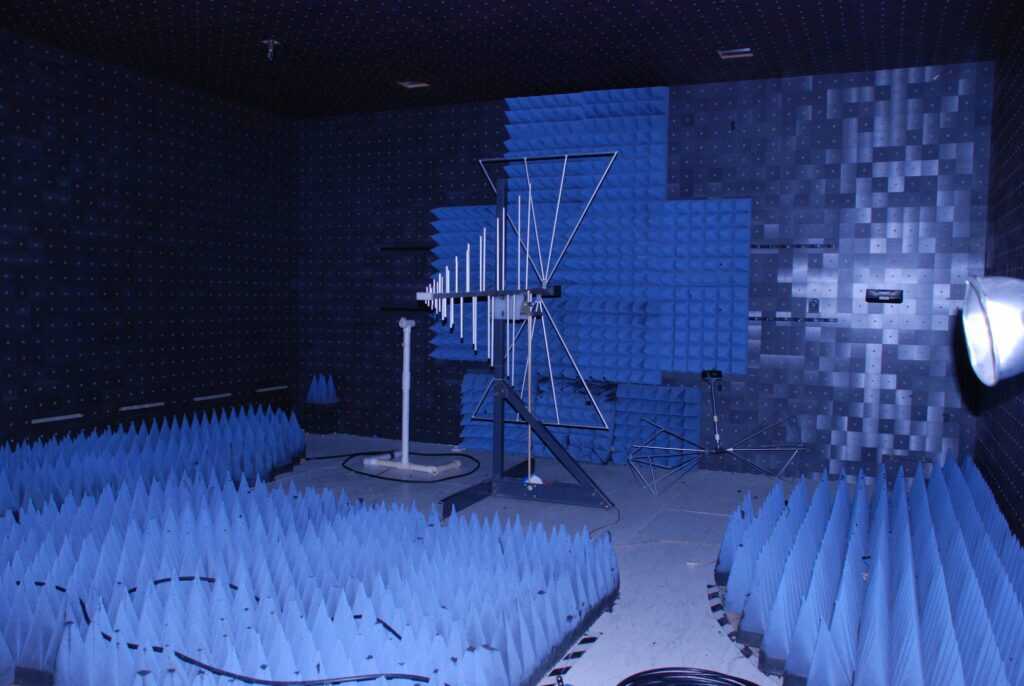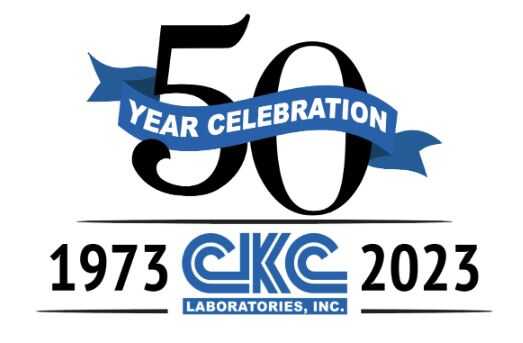
Medical Device EMC Testing
EMC Testing for Medical Devices
It is difficult to overstate the serious nature of electromagnetic compatibility in the world of modern medicine.


Overview
Patient safety hinges many times on the compatibility of wireless communication devices and microprocessors based medical devices. Depending on the type of medical device and desired market, regulatory agencies enforce EMC standards that greatly impact the design and marketability of electro-medical devices.
- Over 50 Years of Testing Excellence
- Convenient Locations Across the West Coast
- End-to-end support and consultation
Facilities
CKC’s staff and facilities are well-suited to perform EMC testing on all types of medical electronics to applicable EMC test standards. We are one of the few laboratories who operate 10M Open Area Test Sites, as specified by CISPR 11 for testing electro-medical devices. CKC also operates ambient-free 5 meter full scan height chambers for emissions testing. These sites are convenient, accurate and specified as acceptable, “alternate” test sites by CISPR 11. In addition, we have six anechoic chambers equipped to perform EN, FDA and high threat level EMI immunity tests.
Experiences
CKC Laboratories, Inc. provides a wide array of EMC testing, design consultation, and agency submittal services that will help electro-medical device companies gain access to European and North American markets. We work closely with European Notified Bodies and the FDA to ensure adequate, acceptable test results for device approvals. CKC engineers have performed extensive testing on a wide variety of medical devices including (but not limited to) defibrillators, surgical robotics, insulin pumps, blood monitoring systems, ultra-sound imaging devices, dialysis machines, implantable devices, surgical lasers,and medical imaging systems.
Powered Wheelchairs and Motorized Scooters
Medical Telemetry Devices
Wireless medical telemetry is generally used to monitor patient physiological parameters (e.g., cardiac signals) over a distance via radio-frequency (RF) communications between a transmitter worn by the patient and a central monitoring station. In addition to the regulatory requirements of the FDA (when marketed in the USA), such devices must meet the regulatory compliance requirements for transmitters of the destination region or countries. CKC can provide both testing and in-house agency certification for FCC (USA), IC (Canada) and CE mark (Europe).
